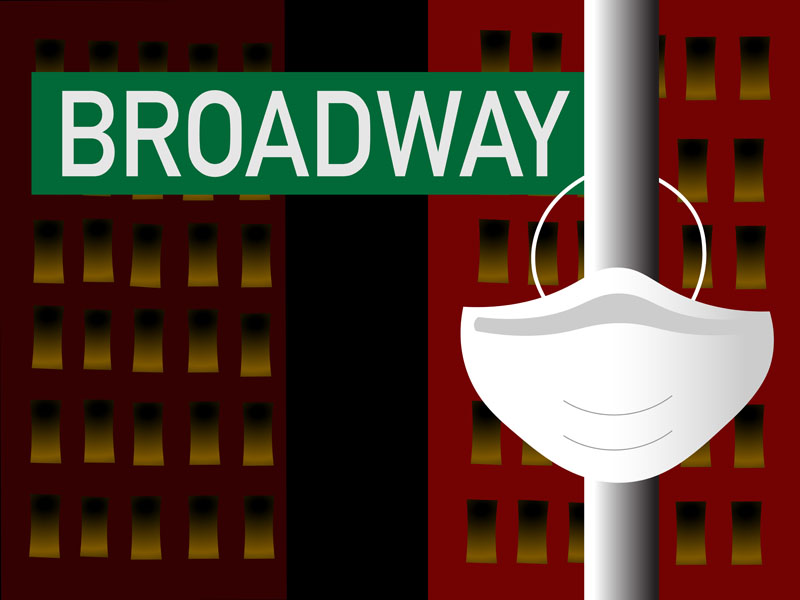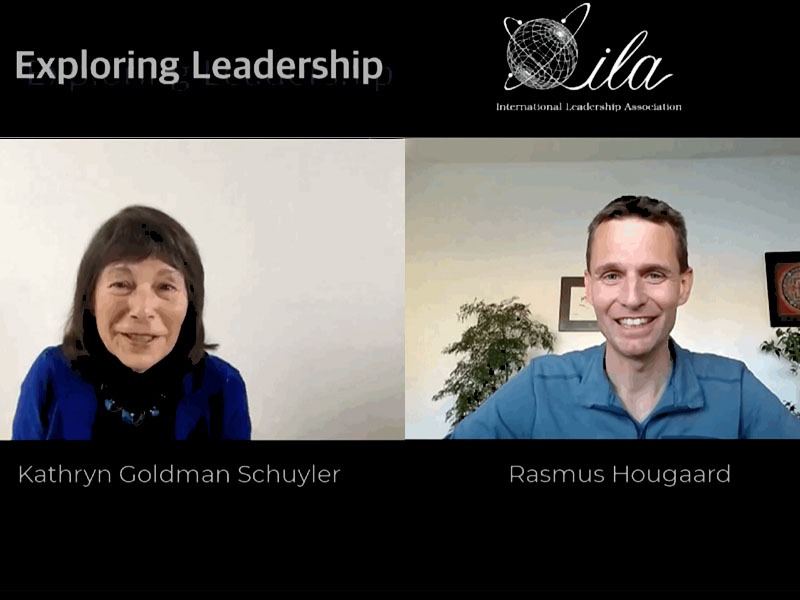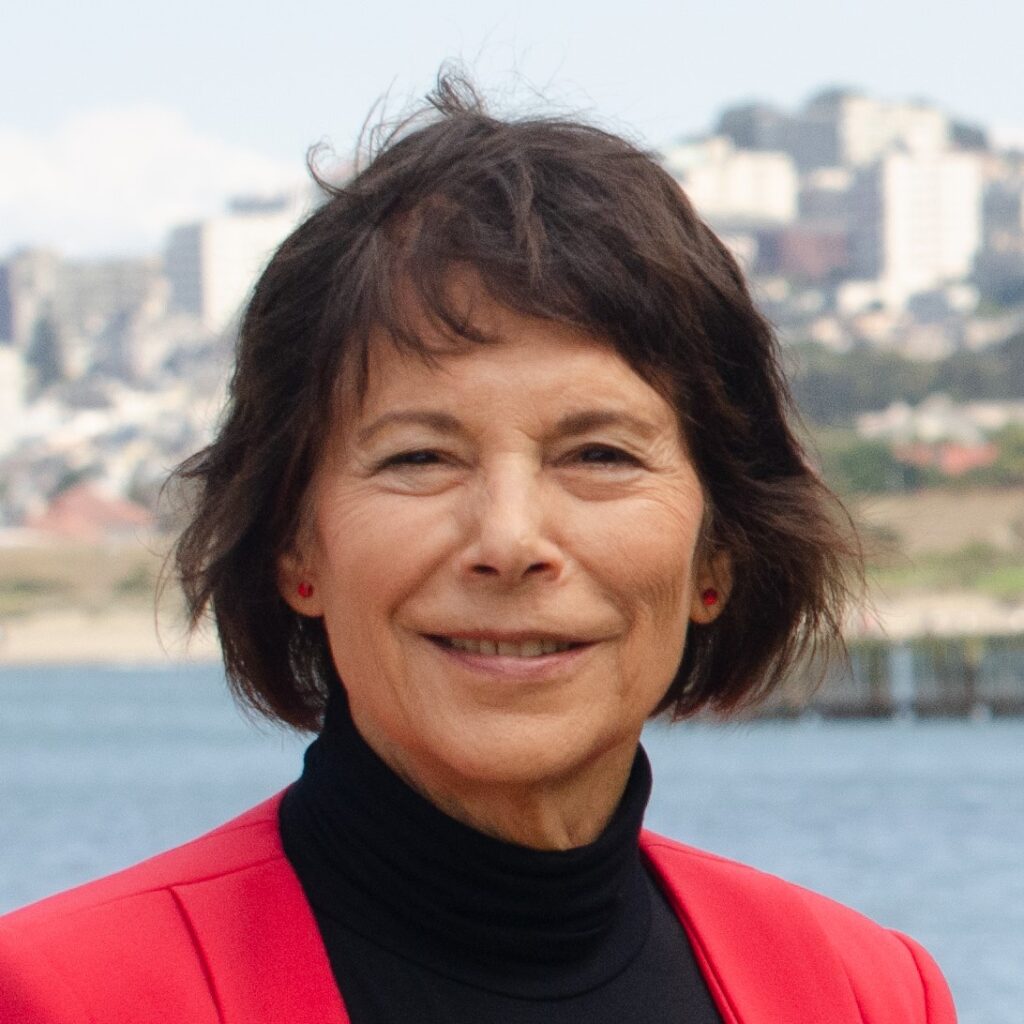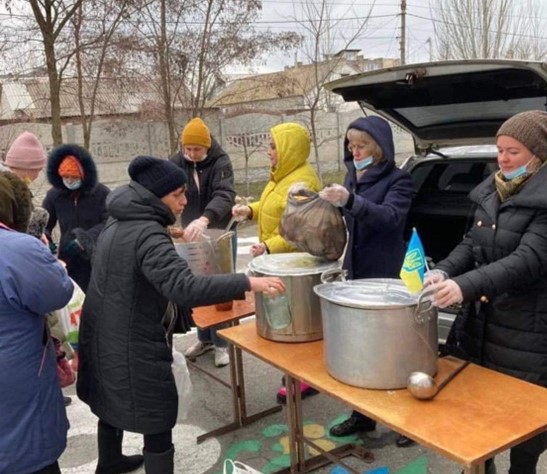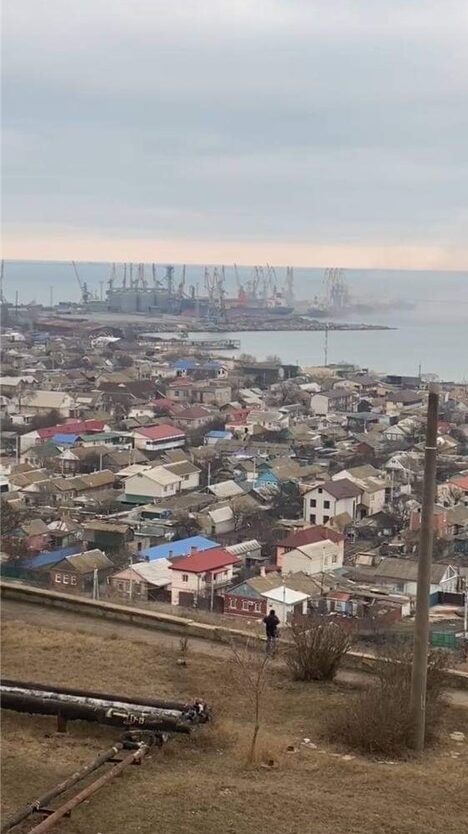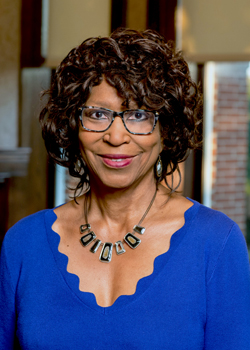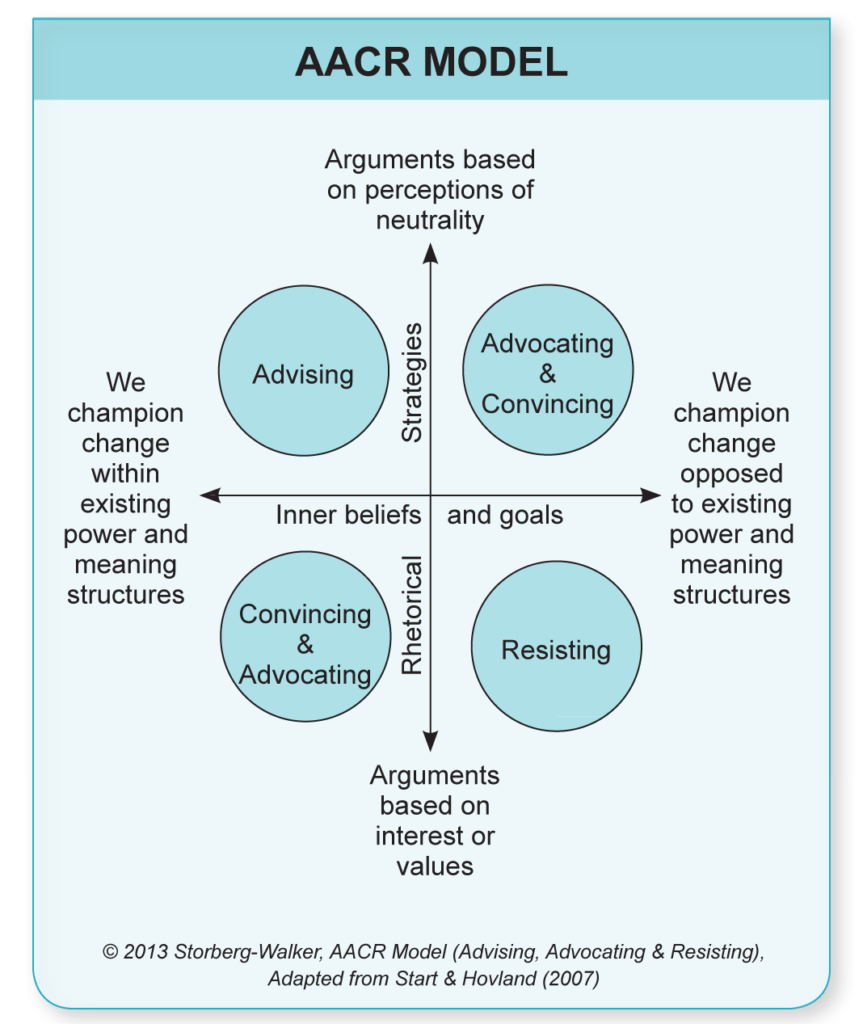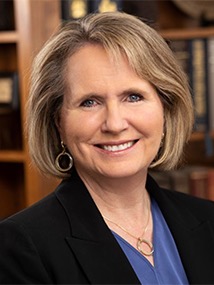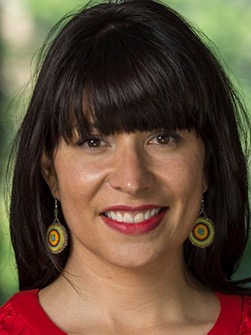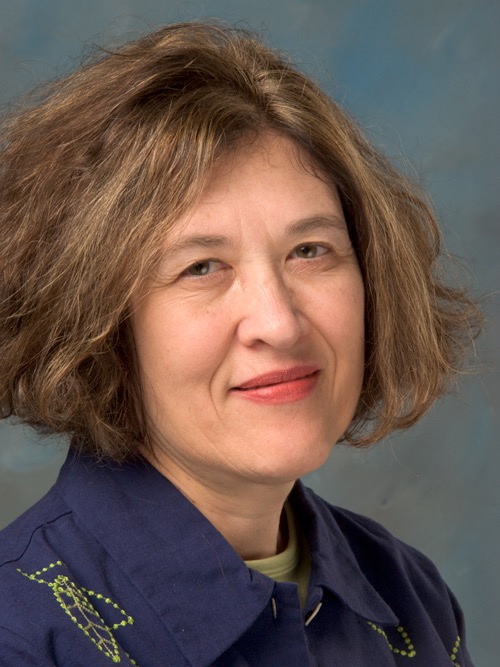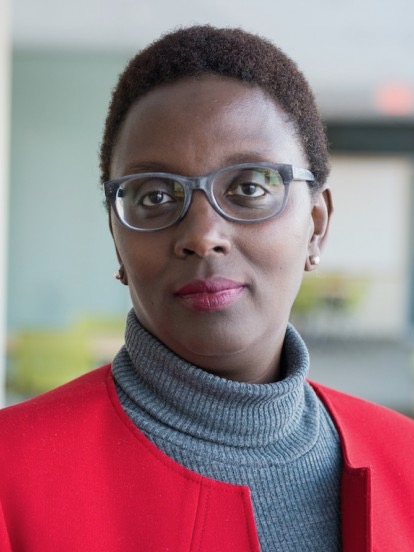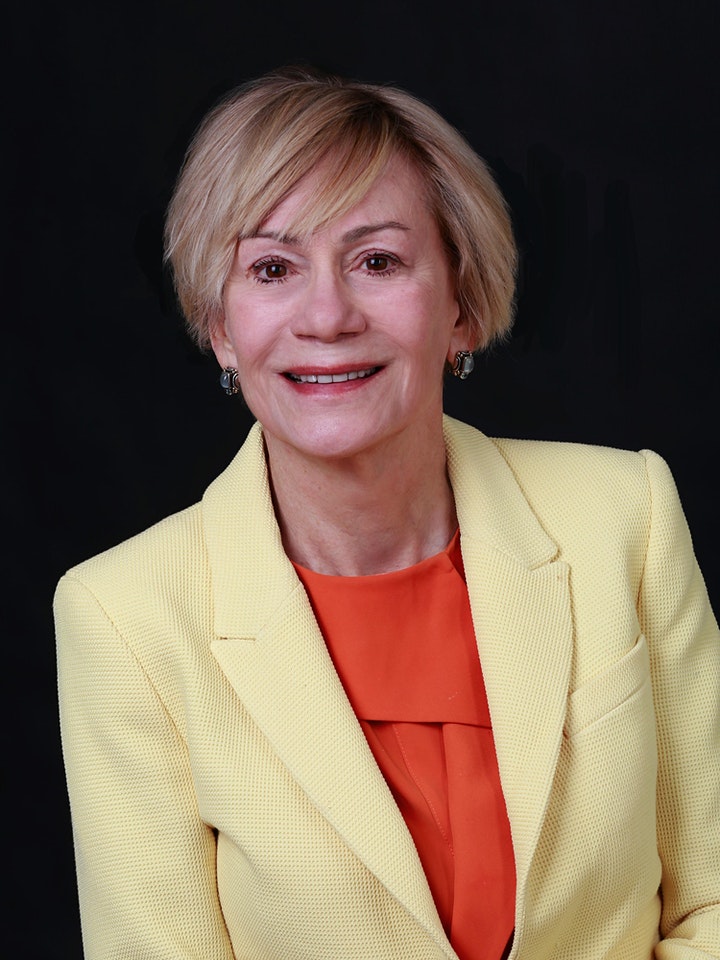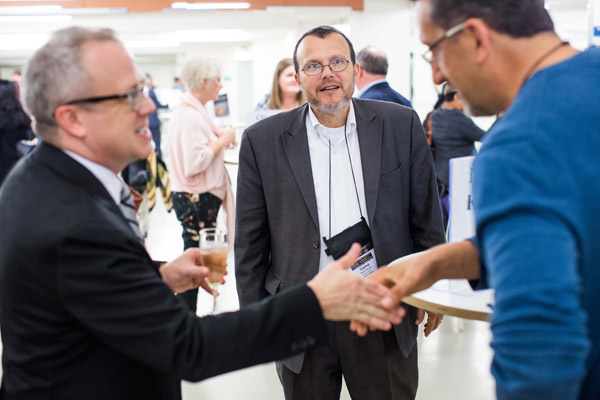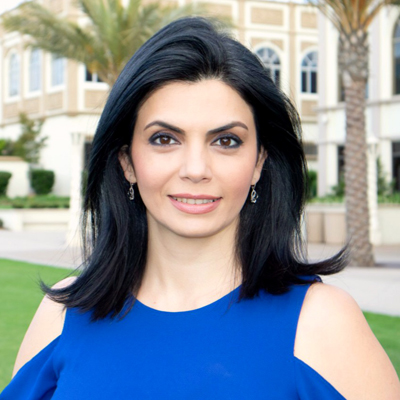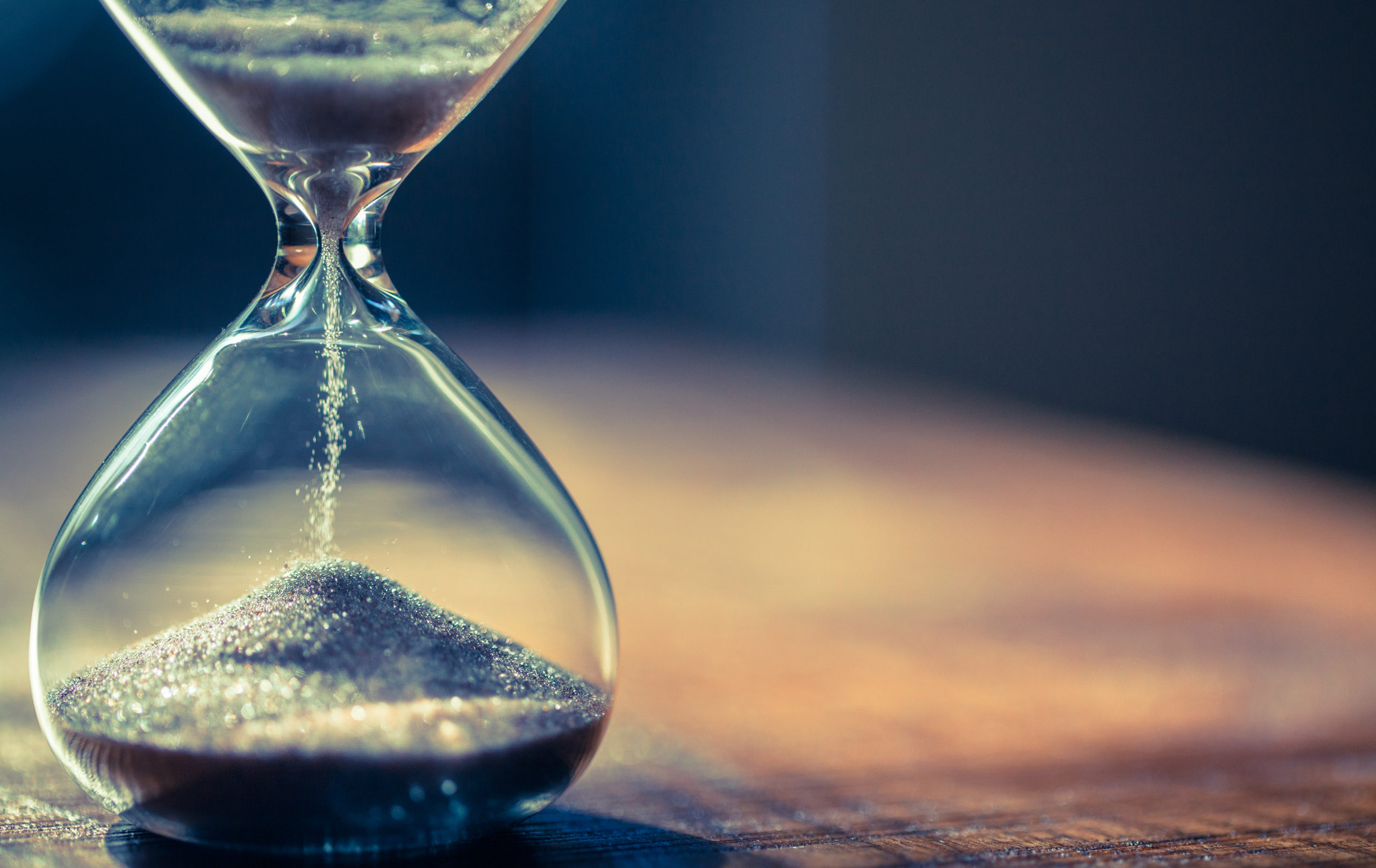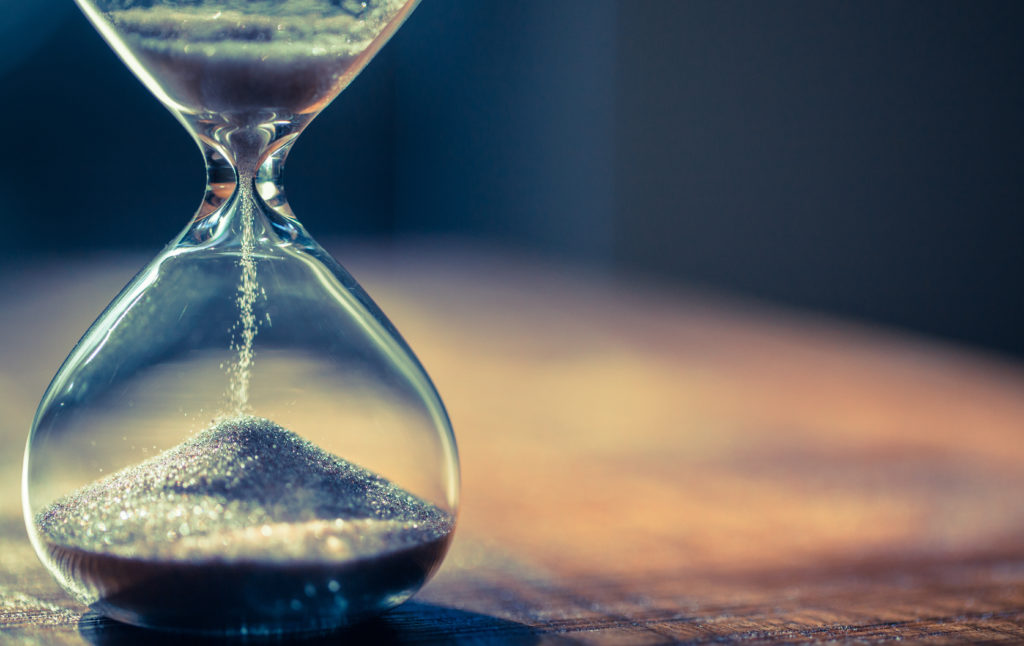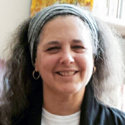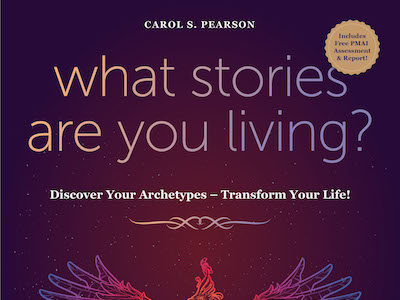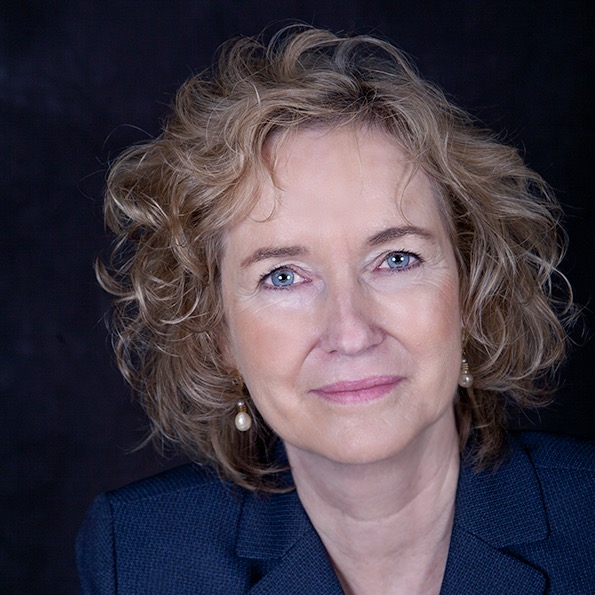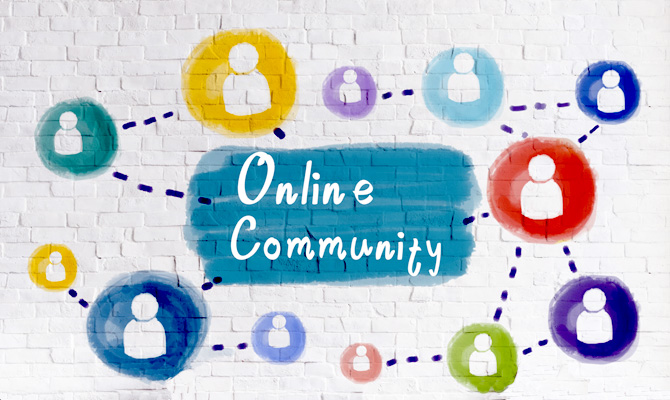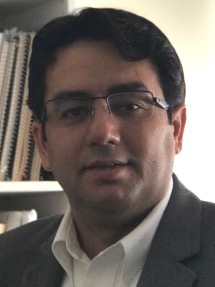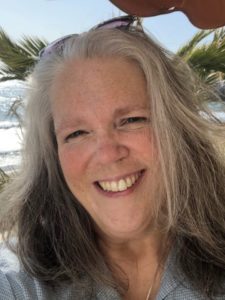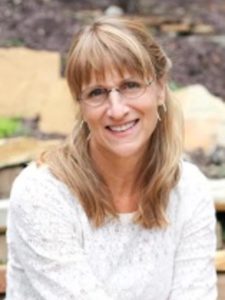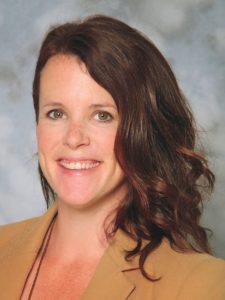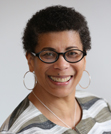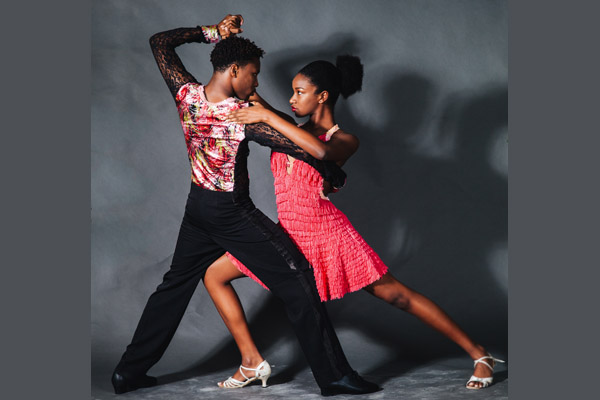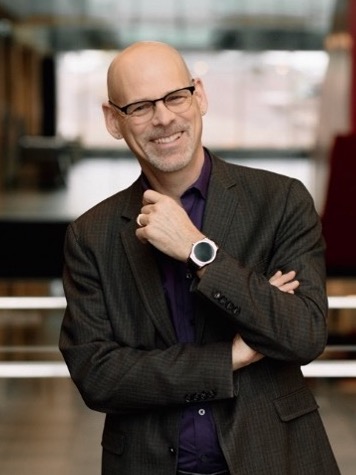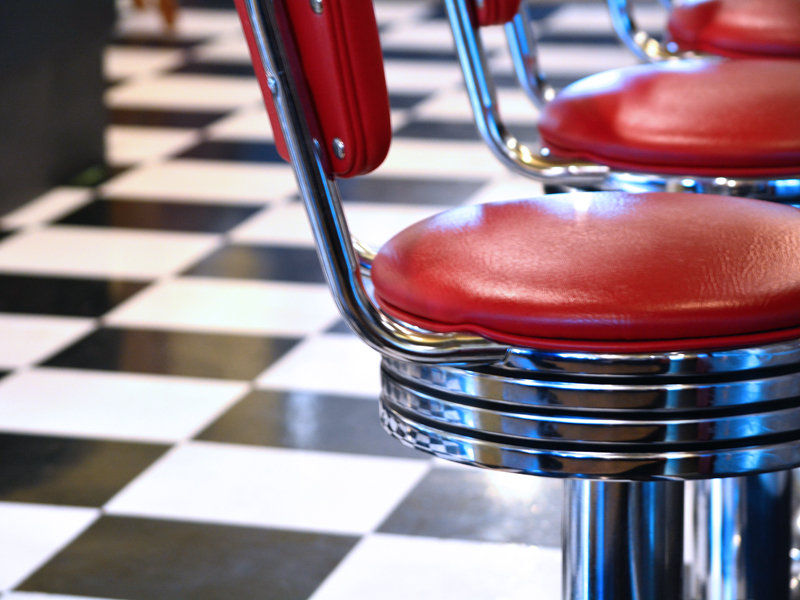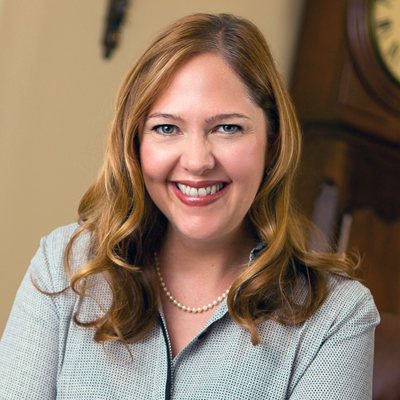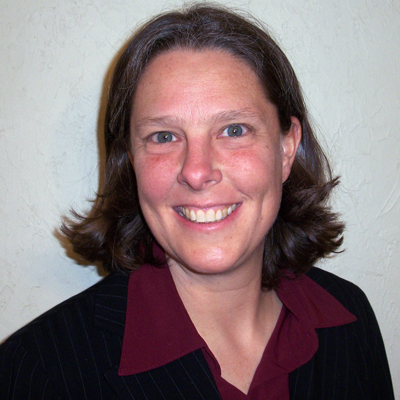Shortly after the invasion, I reached out to my dear friend Valentyna, “Valya,” to check on her safety and to see if she would share her perspective on the ground with the ILA. The following is a lightly edited interview I conducted with her. I have not included her last name in the interview over concerns for her safety and the safety of her husband. A silent, humble leader, Valya is a woman who continues to cry openly as she does not know if she will ever be able to go home again. She does not know the fate of her husband and extended family. She cries, not as a sign of weakness; but because leading with emotions is okay.
Interview
Joanne Barnes: Valya, I would like to share your story about what is happening in Ukraine, what do you think?
Valya : My friend asked me to share about how the war started for me. I wanted to refuse initially as I am not a good speaker. But after I talked to her, I gave in as I realized a very important reason for us to talk about the war – to remember, stay alert, and work without ceasing for the victory. We should not get used to it!
Joanne: Share with me, what was your decision to leave Kyiv?
Valya: My war story is short as I left the country on the third day, after the two sleepless nights. So, I encourage you to listen to other stories as everyone has their own. You will hear more dramatic stories and miraculouse rescues, but the start of it was the same almost for all – with the bombs exploding in the early morning and calls of scared and caring friends and relatives: “Wake up! The war started!”
Initially we could not even say these were explosions as they were too far away. We jumped up that morning, waiting for other explosions, scared and refusing to believe. I did not even dare to think that we would live through a war. As my grandmother, a World War II survivor, used to say, “war and famine are the worst things that could happen to humanity.” I heard it many times and thought that in our civilized society such things just could not happen. Of course, we had 2014, [when Russia annexed Crimea] but we were so stubborn to realize the realities of war and got used to it as the time went by.
We jumped out of bed feeling scared and lost. We tried to find some official information hoping to hear that it was a mistake, that it was not true and soon be over.
Joanne: Valya, your young daughter, Katia, was sent out of the country prior to the beginning of the war. How difficult was it to send her out of the country not knowing the future?
Valya: A week before the invasion, I sent our daughter to Poland to stay with her brother that lives there. I was just following my intuition, but not really believing we would end up in a war, not accepting that the dark clouds were densely gathering over our heads. So, when the war started, to my great relief, I knew that my children were safe and together. If something happens to us, they will take care of each other.
Joanne: The resolve as a mother to protect her children has been seen many times across Ukraine — silent leadership to do what is best for others without recognition or accolades. You and Andrey are still in Kyiv, your daughter is safe in Poland, what were the decisions you made next?
Valya: We almost did not sleep the next days. In our region, we did not hear alarm sirens, but the scary explosions continued, and the Russians ruthlessly fought their way to Kyiv.
We decided to go west to our children and asked all our friends and relatives to go with us. At that time not many people wanted to go. There was still a great hope that this would end before we went west. For all of us, during those first few days, it was very difficult to grasp that the war was real and was here to stay. We all hoped to wake up the very next morning to the life we had before.
Joanne: I know it is difficult to reflect on what you have went through; however, will you share your journey as you left Kyiv?
Valya: We left Kyiv the next morning by car driving small village roads. Village after village took us further from Kyiv. Thank God for GPS as it made our journey possible, and for the other people on the road who drove carefully and safely. It took 12 hours on the road for a journey that usually takes 6! We stayed the night with our friends in western Ukraine and started for Lviv the next morning to catch a train to Poland. The station was crowded with people that seemed to live there. My husband couldn’t go out of the country, so he planned to stay with his friend, and they registered as volunteers. I went to Poland by train. The trip would usually only take 3 hours, but that day it was 24 long and exhausting hours. A trip that would normally take me 1.5 hours by plane, this time took 3 days.
There were so many people at the station, so many children. When the train arrived the crowd tightly closed around me, and I became captive to it as it carried me around – being in the crowd is scary! Thus, by the crowd I was carried to the train and got in. There were no places to sit, so I stood for many hours. After that, I sat a little, holding other people’s children in my lap. There was no air to breathe, and I fainted. When I regained consciousness, the train carriage became a community that took care of children and each other.
Nobody expected the train ride to go so long. People did not have enough water, food, baby milk, diapers. This journey was only possible due to the great efforts of the volunteer groups on our way. Every time the train stopped for several hours, volunteers brought water, food, baby milk with boiled water, sandwiches — everything to help us all survive this journey. At one stop there was even a little kitchen fire cooking hot soup, baking potatoes, even making coffee. We were really thankful for those hard-working tremendous people who managed to provide for so many people – more than a thousand. Arriving in Warsaw we also got into the hands of the volunteer groups organizing everything upon arrival. They were like saving angels flying with us on the way.
I was so happy to see my children and to feel safe.
Joanne: Valya, we have been friends for so many years, your train ride was so difficult, yet you continued to be strong and help care for others. You shared with me in one of our earlier conversations how the windows on the train would not open because of the age of train and how children would wake up trembling, yet through all of this and through your own struggles, other Ukrainian women and children became your priority as you assisted them on this long journey to Warsaw.
Joanne: You’re in Warsaw with your son and daughter, now what?
Valya: Yes, but the worry and prayer for the safety of the people that stayed in Ukraine is always with me. I pray that God will protect their homes, provide for their needs, and make them invisible to the invading soldiers. Nothing is treasured as much now as receiving an SMS [a type of text] from my cousin in the occupied region with the words “We are alive.” Peace is the greatest treasure now.
Joanne: There are so many men and women who are in Ukraine, fighting to protect the country you love, what are your thoughts?
Valya: I’m really proud of our army, the bravest, smartest, and most handsome army in the world. It breaks my heart to hear about every loss for the freedom of our country. Look closely in those faces — we should remember them always: athletes, champions, scientists, artists, all united in the fight. I’m really thankful to God for every one of them!
That is why I really want to call all of us not to get used to this war — fight it to the end and support it to the end. Support and provision are a great part of every victory, of every regained city and village, of every evacuated and rescued life. Let’s stay alert and deeply motivated to continue donating and supporting and sharing true information about this war – all of this save lives.
Joanne: What an amazing call to arms for support! I know your strength and your willingness to always help others, no matter what. Share with me, now that you are in Poland, what are you doing to support those still in Ukraine?
Valya: In Poland, I got involved in some initiatives organized and coordinated by the youth of our Ukrainian church buying supplies for the Red Cross, army, and territory defense brigades in every city and town. My part was small — writing and translating letters for our Western partners and lists of much needed supplies. I am also proud of those brave young people who day and night coordinate and send truck after truck to Ukraine from Belgium, from the Netherlands, and from other countries. These trucks with war supplies are so needed for the victory. Provision is a very important part of the war and a very demanding one.
During the war in Ukraine, we do not remember days of the week or dates — we count the days of the war. It was eighteenth today. Feelings of depression and loss, fear for all my friends and relatives, fear for the nation, feelings of being unrooted — they stay with me all the time.
Joanne: Valya, I know that you try to stay in contact with those still in Ukraine. Your daughter Katia has a friend, Sofia, who is just 16 years old. Sofia wrote a poem in Ukrainian, and you have translated her impressions about the war for me to share. Let’s look at what this beautiful young girl has shared.
Valya: Below you will find impressions on the war from my daughter’s friends in a poetic form:
Original:
Sofia, 16. City: Severodonetsk
“Освободители” на танках к нам заезжают в города.
Они приходят рано утром и подрывают все дома.
Где русский, там всегда разруха. Где русский, там всегда война.
Там ложь, там мрак, там нищета.
Там матерщина и насилье, там пьянки с ночи до утра.
Где русский, льются всегда слезы, там страх, отчаянье и боль.
Они не знают про свободу, про верность, силу и любовь.
Им не понять нас, украинцев, ведь мы верны своей стране.
Мы создаём, творим и строим. Мы ценим, любим, бережем.
И независимость свою из года в год мы в свет несём.
English Translation:
Sofia, 16. City: Severodonetsk
“Liberators” are driving tanks to our cities
They come early in the morning and blow up our houses.
Where there is a Russian, there is always devastation.
Where there is a Russian, there is always war, lies, darkness, and poverty.
There is swearing and violence, there is drinking from night till morning.
Where there is a Russian, tears always flow, there is fear, despair and pain.
They do not know about freedom, about fidelity, strength and love.
They do not understand us, Ukrainians, because we are loyal to our country.
We create, make and build. We appreciate, love, and protect.
And we carry our independence to the world from year to year.


